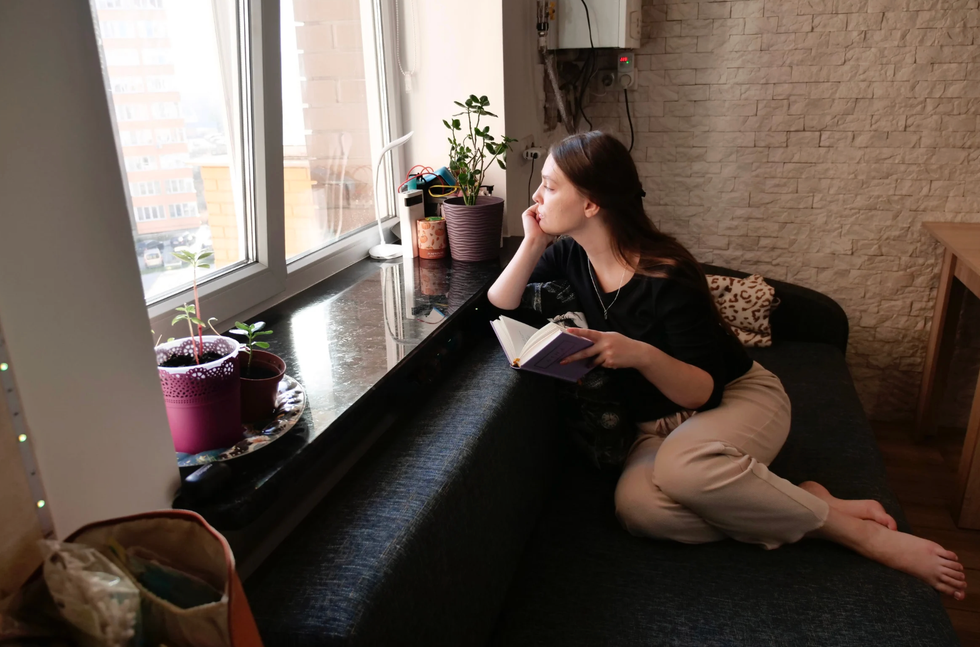Many of us want to give back to our communities, but aren’t sure just how to contribute. Many hope to start giving back once they get that next promotion or when they finally have more free time to devote to a charitable organization. One man found the best way to help was by simply hitting the street and sharing his unique gift. Meet New York City hairstylist Mark Bustos.
Every Sunday, his only day off from work at an upscale hair salon, Bustos travels throughout the city with his girlfriend, giving haircuts to the homeless. There’s one haircut in particular that Bustos remembers, for a homeless man named Jemar Banks. “Jemar Banks—I’ll never forget the name,” Bustos told The Huffington Post. “After offering him a haircut and whatever food he wanted to eat, he didn’t have much to say throughout the whole process, until after I showed him what he looked like when I was done … The first thing he said to me was, ‘Do you know anyone that’s hiring?’”
When we feel good about ourselves, it’s a lot easier to make it through the day. What Bustos gives to so many isn’t just a clean-looking haircut, but human dignity. A moment of dignity means the world to those who have been marginalized and feel invisible.
All images via Instagram.com/markbustos
(H/T The Huffington Post)


















 Tow truck towing a car in its bedCanva
Tow truck towing a car in its bedCanva  Sad woman looks at her phoneCanva
Sad woman looks at her phoneCanva  A group of young people at a house partyCanva
A group of young people at a house partyCanva  Fed-up woman gif
Fed-up woman gif Police show up at a house party
Police show up at a house party 
 A trendy restaurant in the middle of the dayCanva
A trendy restaurant in the middle of the dayCanva A reserved table at a restaurantCanva
A reserved table at a restaurantCanva Gif of Tim Robinson asking "What?' via
Gif of Tim Robinson asking "What?' via 

 An octopus floating in the oceanCanva
An octopus floating in the oceanCanva


 A woman relaxes with a book at homeCanva
A woman relaxes with a book at homeCanva An eviction notice is being attached to a doorCanva
An eviction notice is being attached to a doorCanva Gif of Kristen Bell saying 'Ya basic!' via
Gif of Kristen Bell saying 'Ya basic!' via